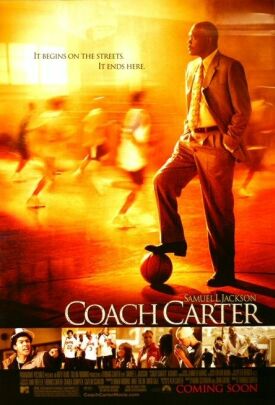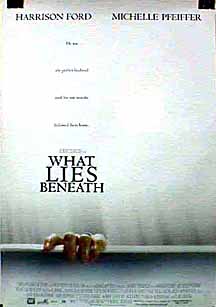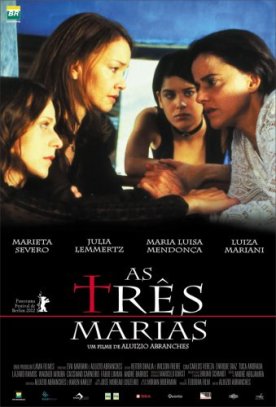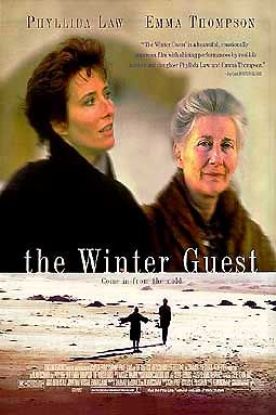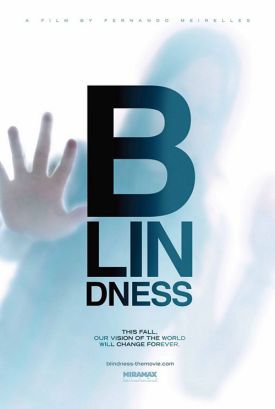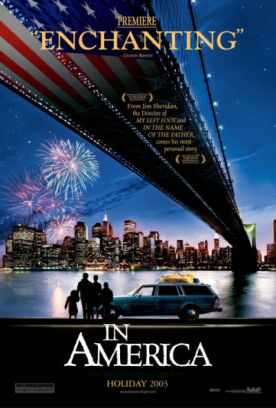Coach Carter
Coach Carter — somewhat confusingly directed by Thomas Carter — is the based-on-fact story of Ken Carter (Samuel L. Jackson), volunteer basketball coach at low-rent Richmond High School in California, who not only builds a winning basketball team but also turns the motley crew of ghetto youth who make it up into something not entirely unlike gentlemen and scholars. The movie is unquestionably inspirational and should be given all due credit for insisting, like Coach Carter himself, that the road out of the ghetto runs through discipline and teamwork, but the discipline of learning first and basketball second. Coach Carter first came to public attention for padlocking the gym at Richmond High when neither his basketball players nor their teachers would take seriously his insistence that the former must keep up their grade point averages in order to play. As basketball was more important to teachers, parents and even, apparently, the school board than scholarship, the coach was on the point of being forced out of his job when the players themselves showed their respect for him by voluntarily adhering to his unusually high standards.
It’s a great story, but there are a couple of things wrong with it.
For one, the culture of academic failure is handled with kid gloves. The school principal (Denise Dowse), it’s true, gets a slap on the wrist for her tolerance of intolerable slackness and indiscipline in the academic culture of the school. When the coach tells her of his academic requirements for his players she replies frostily: “I don’t see how this ties into your job as basketball coach.” Yet she comes round to Coach Carter’s way of thinking, and it is suggested that she, like the basketball team, only needs his inspirational example to turn things around. Somehow, I doubt that it is quite that easy.
Overall, the film’s emphasis on the boys’ getting their minds right in response to the coach’s leadership is fine as far as it goes, but it leaves little room for any exploration of the real-world and intractable problems that they, and he, would actually be up against. There’s no mention of gangs and hardly any of drugs, for example. No one is accused of “acting white” for wearing a jacket and tie and working to improve his grade, or for wanting to go to college. There’s even a guy on the team (Channing Tatum) whom no one appears to have noticed actually is white. I’m ready to believe that race is much less of a factor than it used to be in the culture of the inner city, but surely it deserves more of a mention than just the coach’s forbidding his black players to call each other “nigger.”
The movie also pussyfoots around the subject of teenage sex, perhaps the most serious hinderance to social mobility for both boys and girls in places like Richmond. One fetching high school girl in her twenties called Kyra (Ashanti) gets pregnant by Kenyon (Rob Brown), who has a shot at a basketball scholarship. But the problem is made to, um, go away, while Kenyon and Kyra plan to set up housekeeping at Sacramento State on the strength of his scholarship.How nice for them!
The one concession to ghetto pathology is the character of Timo Cruz (Rick Gonzalez), the classically “troubled youth” who at first rebels against Coach Carter and his methods, even physically challenging him before taking refuge behind legal protection. “Teachers aren’t allowed to touch students,” he whines as the coach pins him to the wall.
“I’m not a teacher,” says the coach with grim satisfaction. “I’m your new basketball coach.”
It’s a satisfying comeback, but it only reminds us of those who are teachers and must continue to let the kids run wild because they are afraid of lawsuits?
Cruz soon decides that it is worth living by Coach Carter’s strict rules in order to remain a part of the team, though he continues to deal drugs on the side on behalf of his sinister Uncle Renny (Vincent Laresca). He is finally scared straight when Renny is shot. You can’t help thinking that it is pretty lucky for the film’s idealization of Coach Carter that the thing happened that way around instead of Cruz’s being the one to get shot, or maybe strung out on the drugs he’s selling. When these kids cut loose in celebration after winning a tournament they only get drunk like a bunch of frat boys. Even Coach Carter can look on such boys-will-be-boys misbehavior with a certain amount of indulgence.
I don’t want to be too hard on the picture. In essence it is sending the right message, even if its earnest moralizing leaves too much out, and it has many positive things to say about what is needed to correct the negative mentality of inner city schools and so to enable them to function as schools. But even if the coach’s methods work and scholarships to college really are a feasible way into the middle class and not just an extension of the idleness and stupidity of pre-Carter high school for these sports stars, what happens to the many more kids who don’t make the team? The film could only gain by taking more notice of them. “It’s not quite your storybook ending,” says the coach of the team’s Cinderella season, but everything else is just a little too storybook for us to be quite able to believe, as we should believe, in their ultimate achievement of what the coach in his tribute to them calls “that ever elusive victory within.”
Discover more from James Bowman
Subscribe to get the latest posts to your email.

